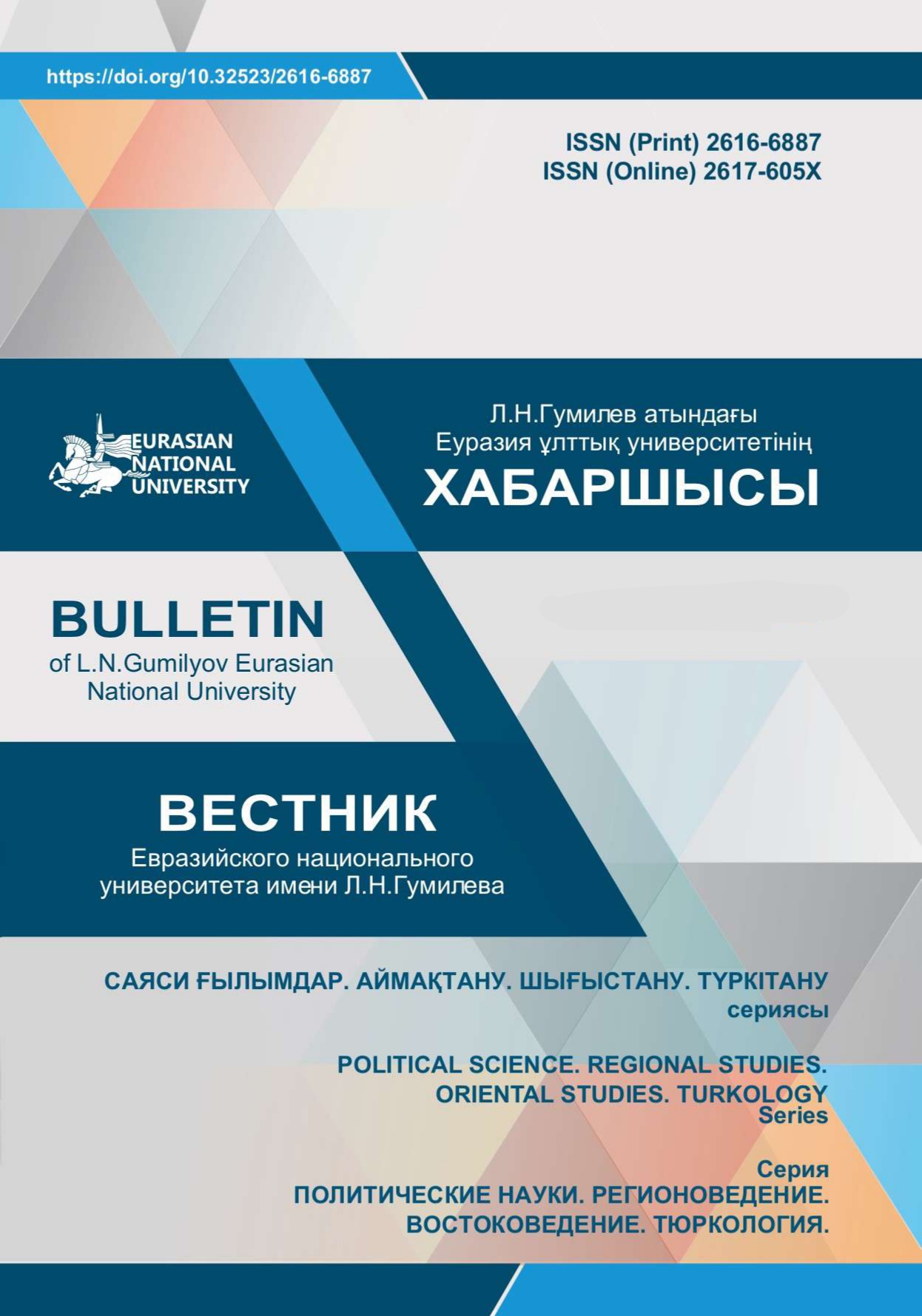Historical politics and nation-building in Central Asian countries: rehabilitation practices in Kazakhstan and Uzbekistan
Views: 189 / PDF downloads: 0 / PDF downloads: 297
Abstract
This article is devoted to the process of rehabilitation of victims of political repression in the 20-
30s and 50s of the twentieth century on the territory of the modern Republic of Kazakhstan and the Republic of
Uzbekistan. The purpose of the article is to identify common and special features in the rehabilitation process
between two states that have one common history, as well as territorial proximity, which is important in the
integration process of the countries. The authors of this article tried to use the example of the rehabilitation
process of victims of Stalin’s repressions to show how countries overcome the tragic pages of the past, while
others have already achieved a certain result in rethinking events that have been in «oblivion» for a long time. The analysis based on expert interviews and official documents shows that this postcolonial process fits into the
trend of nation-building in Kazakhstan and Uzbekistan. Rehabilitation of victims of Stalin’s repressions involves
a wide range of groups and actors. These factors may explain the importance of this process on the eve of the
centenary of the peak of repression in 1937-1938, which claimed the lives of tens of thousands of people.






